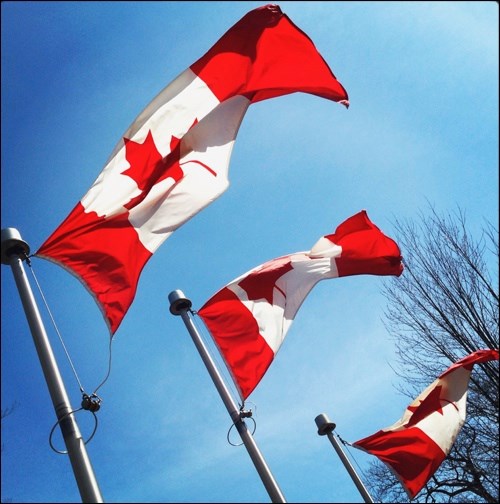CALGARY, Alta. — In September 2015, B.C. mother Candice Servatius was shocked to learn that her two elementary-aged children had participated in an aboriginal smudging ceremony.
The school explained in a letter to parents that "everything has a spirit and energy" and "bad energy" must be "cleansed" from the furniture, classroom and children by fanning smoke from sage over "the body and spirit" of each child. Agree or disagree with these beliefs, but there is no denying that these aboriginal teachings are as religious as any found in the Bible or Koran.
John Howitt Elementary School in Port Alberni eventually apologized to Servatius for failing to notify her of this ritual in time. But the school district insists it will continue with these rituals in the classroom. Several months after the September smudging, the school held an assembly at which an aboriginal prayer was said.
The school district claims that these are cultural practices. This is true but misses the point. There is a world of difference between teaching children about Islam and requiring children to kneel on prayer rugs in the direction of Mecca and say a prayer to Allah. In similar fashion, students can benefit from learning about aboriginal religious beliefs without being coerced to participate in religious rituals and ceremonies.
In spite of the cultural benefits that might flow from having children say the Lord's Prayer in schools, courts have interpreted the Canadian Charter of Rights and Freedoms as including a right to be "free from" religion. That means children or adults don't have to participate in any religious prayer, ritual, ceremony or practice.
The fact that a religious ritual like smudging might also be "cultural" is irrelevant, according to the Supreme Court of Canada. In Mouvement laique quebecois versus City of Saguenay, the court ruled that "the state must neither encourage nor discourage any form of religious conviction whatsoever. If the state adheres to a form of religious expression under the guise of cultural or historical reality or heritage, it breaches its duty of neutrality." In Saguenay, an atheist adult won the right to have city councillors stop reciting a prayer that opened and concluded with the words "in the name of the Father, the Son and the Holy Spirit." He was not required to participate in the prayer, unlike Servatius' children, one of whom was apparently told by her teacher that it would be "rude" to refuse the "cleansing" of her spirit by sage smoke.
The Saguenay ruling rejected a compromise policy to have the atheist leave council chambers during the prayer, because this exacerbates discrimination. "If he chose to exclude himself from the prayer either by refusing to participate in it or by leaving the chamber, he would be forced to reveal that he is a non-believer. ... Such interference constitutes an infringement of the complainant's freedom of conscience and religion."
In similar fashion, the Ontario Court of Appeal ruled that the recitation of Christian prayer and reading from the Bible impose Christian observances upon non-Christian pupils, and religious observances on nonbelievers. Further, "the right to be excused from class, or to be exempted from participating, does not overcome the infringement of the Charter freedom of conscience and religion by the mandated religious exercises."
On the contrary, an exemption penalizes pupils who use it by stigmatizing them as nonconformists and setting them apart from their fellow students. The Ontario court ruled that it's an "insensitive approach" to claim that the religious exercises may be "good," because this "fails to take into account the feelings of young children."
Given the sad history of residential schools in this country, the B.C. case contains a disturbing echo of state compulsion on unwilling children.
The school district argues that children benefit from learning about aboriginal cultures, including aboriginal religions.
Yes, but you can teach kids about aboriginal religious beliefs without hosting religious rituals and ceremonies in the classroom. Candice Servatius has every right to protest.
Calgary lawyer John Carpay is president of the Justice Centre for Constitutional Freedoms (JCCF.ca), which represents Candice Servatius in her court action against School District 70.
www.troymedia.com




